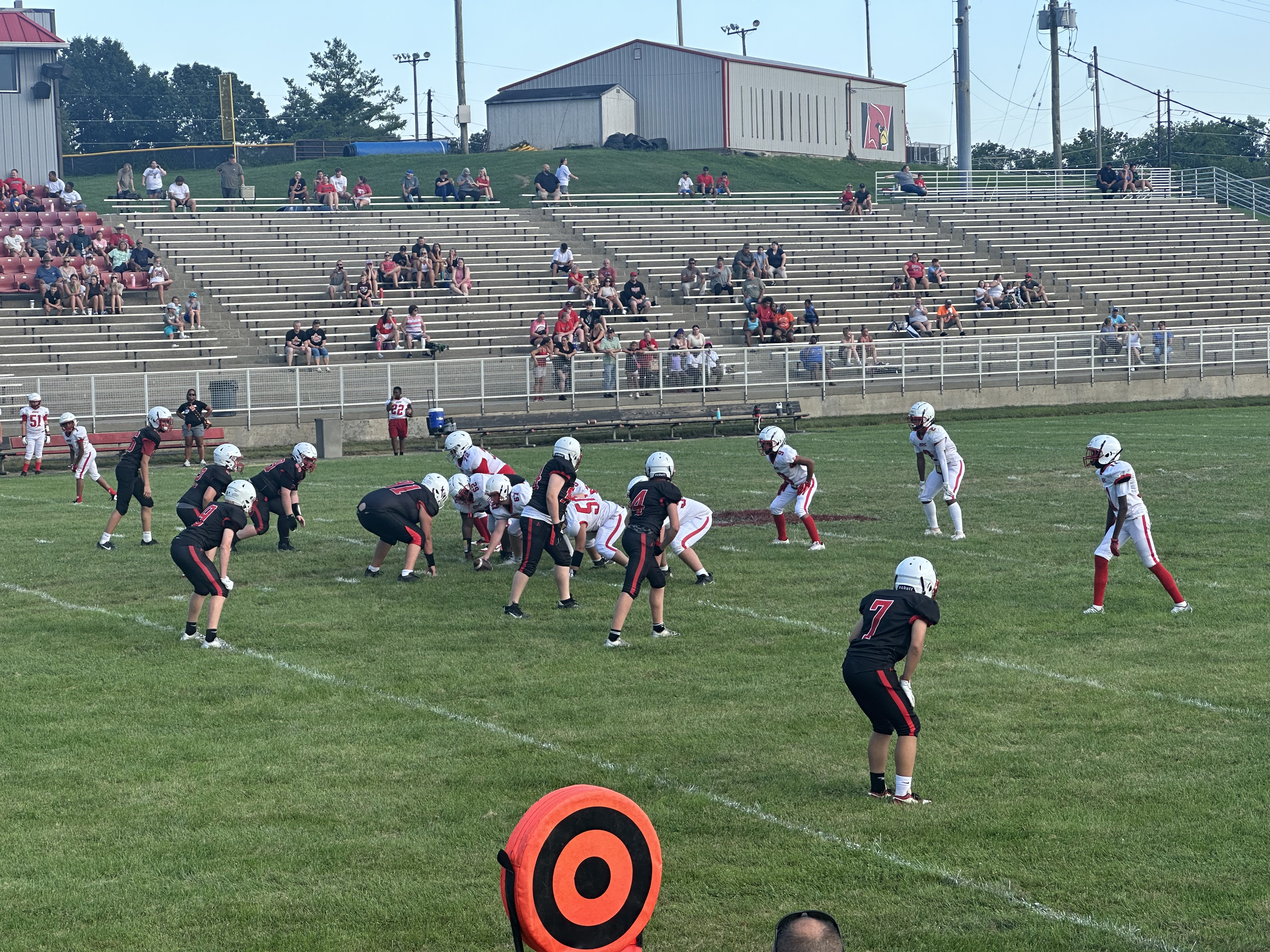Witt: HB 72 raises some serious questions
Published 11:43 am Tuesday, April 11, 2017

- Chuck Witt is a retired architect and a lifelong resident of Winchester.
The 2017 Kentucky General Assembly is over and Kentuckians can breathe a sigh of relief for a while.
To be fair, a good number of bills were passed this session and each individual voter will have to decide for himself or herself which ones are good and which are bad — or stupid, or unnecessary or dangerous. You get the picture.
A few weeks ago, this column was about a pending bill, HB72, which would impose ponderous requirements on groups or individuals challenging zone changes in the higher state courts.
Trending
At the time the column was written, the bill was being passed back and forth between the Senate and the House, each making amendments.
There are some indications the whole idea for the bill, which was sponsored by a Louisville legislator and a Lexington legislator, came about because of a lengthy litigation in Louisville against a Walmart, and the alleged intent of the bill was to stop “frivolous” lawsuits.
Of course, the courts already have the ability to dispense with such lawsuits without this new law.
But now, if the law, which has passed, is upheld, those who challenge a zone change in the court system could be required to post huge bonds in order to have their case heard. This will impose impossible hurdles for neighborhood groups or individuals who legitimately have concerns about zone changes and any potential harm such change may bring about.
As was noted before, both state Rep. Donna Mayfield and Sen. Ralph Alvarado voted against this bill, possibly after being informed by a local neighborhood association of the implications of the bill.
Here’s a small point to be made. Mayfield and Alvarado are Republicans, and their votes placed them in opposition to virtually all their fellow Republicans in the legislature, not an easy position to take.
Trending
Here are some other interesting aspects of this particular bill, or more correctly, its passage.
The bill passed the House on a vote of 51-39, with 10 members not voting. It’s always curious why some members don’t vote, perhaps more so than why members vote the way they do.
Of the 51 yea votes, every single one was a Republican. Of the 39 nay votes, six were Republican.
It is not unreasonable to ponder whether such an overwhelming yea vote by one party may have been due, in part, to the fact the bill was sponsored by two Republicans.
Another interesting fact about the House vote was it was recorded at 11:37:16 p.m.
In the Senate, the bill passed by a vote of 21-17. Twenty of those 21 yea votes were Republican.
So, several questions arise.
Are Republicans more apt to pass bills favoring big business over the average citizen?
Do members of either party vote the way they do because of party affiliation rather than sound reasoning?
Are bills that may prove controversial always passed in the dead of night?
How many legislators really take time to read and understand the implications of the bills on which they must vote?
This is just one example of what went on in the 2017 session.
It’s very possible a close examination would find similar questionable activities tied to some of the other bills as well and this one, which may well face legal challenges similar to those it seeks to squelch.
Chuck Witt is a retired architect and a lifelong resident of Winchester. He can be reached at chuck740@bellsouth.net.





